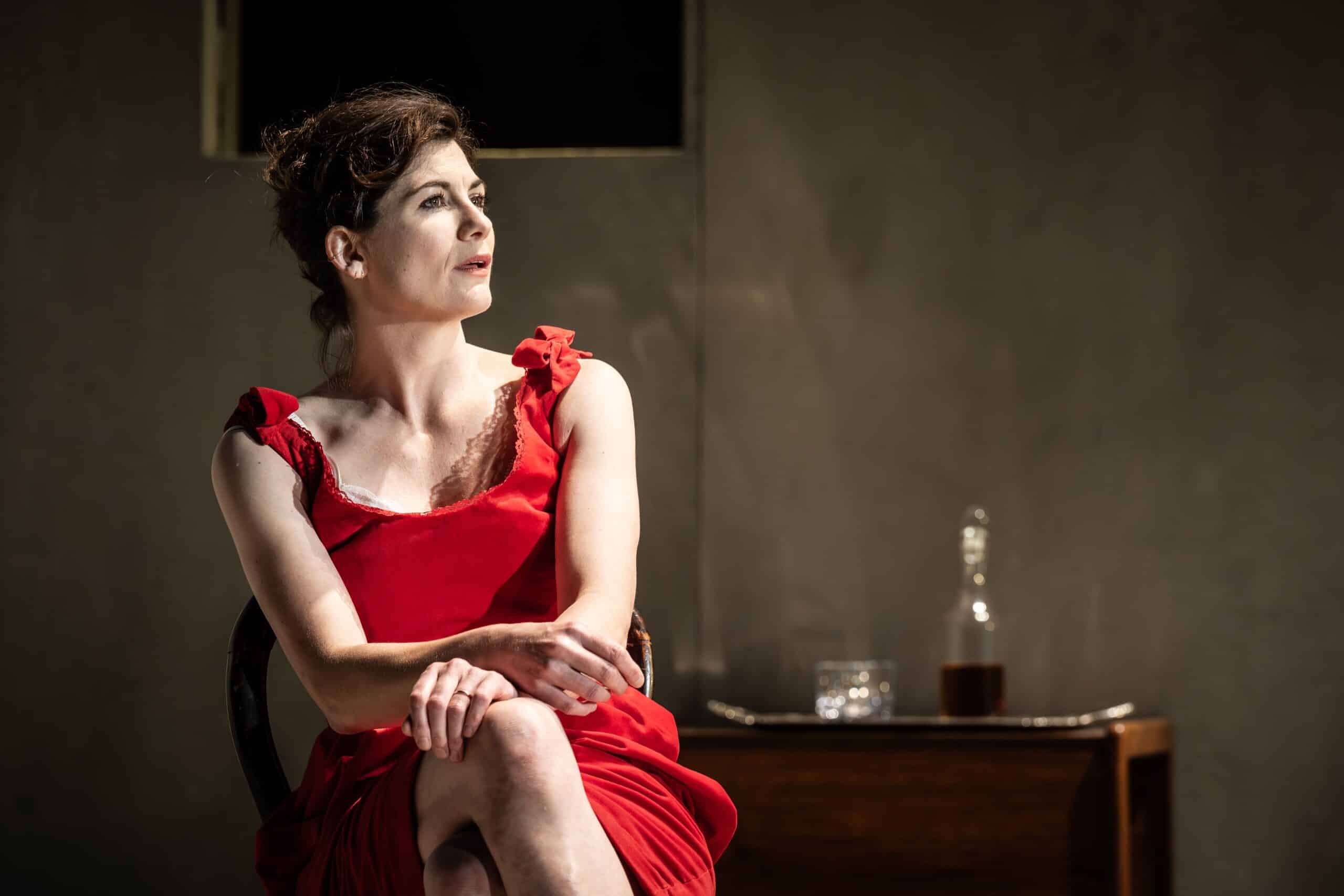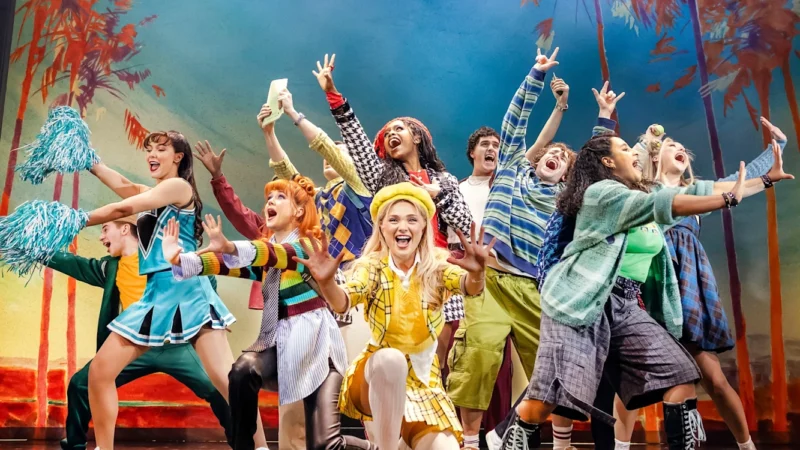Trafalgar Theatre
As it my first time at Whitehall’s theatre since its rebrand and absorption by the Trafalgar Entertainment empire, I was wide-eyed. Despite the D and C list celebrities plaguing my memory and the traffic-jammed bar area, the auditorium has been lovingly restored to its 30’s art deco splendour. So, we settle in for a Jacobean revenge tragedy, what else?
Having a break from saving the universe in her Tardis Jodie Whittaker takes the theatrical reins as our eponymous Duchess, in a wide-reaching restaging by Zinnie Harris. The crux of the original tale by John Webster is pretty simple. A wealthy Italian duchess becomes a widow, falls in love and marries her steward in secret (and has lots of lovely sex), and then is brutalised by her male relatives. It’s violently sexist for every single female character in the piece, even the children don’t come out unscathed by this virulent form of masculine control. Just the midweek joy ride I was hoping for.
Harris’s adaptation is in modern-ish language and is modern-ish visually. Tom Piper has crafted a mix between the Barbican and a new build evangelical church, all sharp windows and metal staircases, forcing a flat feel, constrained to mainly stage right and left movement. His costumes are vaguely 50s/60s, but are pretty noncommittal when it comes to place or time. Sharp daggers of light and a sun and moon palette from Ben Ormerod mean at least everything is bathed in nicely symbolic hues.
Whittaker gives us a defiant Duchess, laughing in the face of her brother’s present of a “respectable” beige dress, hips out blazing in her scarlet Marylin Munroe-esq number. Although she spiritly thrashes against the preordained fall Whittaker seems to never settle on her accent, upper-class aristocrat falling more northern with swear words or comedy. Equally, her brother Ferdinand (Rory Fleck Byrne) is a revitalized character, feminine, vicious, insomniac, incestuous, a stalking wolflike man, but with an Irish accent. Paul Ready breaking his sweet typecast phenomenally is the other brother, the cardinal, lascivious, revolting, full of pacing entitlement, but again with a plummy RP accent. Are these people meant to be from the same family we wonder? The vagueness continues with musical solos well carried off but erupting seemingly from nowhere, and blurry interpretive dance sections.
Nevertheless, Harris does create new bends to the miserable tale, ghostly power struggles, gay pining, Joel Fry as a softer, comic relief secret husband, and an utterly shocking basement torture scene. Throughout the all-important wit darts like loosed arrows, punchlines hit their mark much harder than the original long-winded 17th-century verbiage.
However the issue remains, this is less a hot mess and more a bloody one. Talented actors spit and spar yet are trapped by a reductive set. Harris’s hard work is watered down by imprecise choices in visual language and characterization, the point rather slipping through our red sticky fingers. We all understand that the past was a dangerous place for women (yet not uniformly) and the present hasn’t improved as much as we would hope but a piece so piled with the bodies of women seems far too much of an uphill climb to rehabilitate. Maybe it’s time we attempt a different hill?
If you’re a sucker for punishment, grab you tickets HERE!



